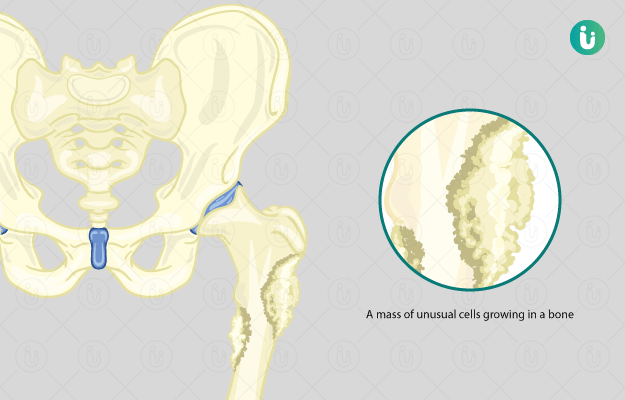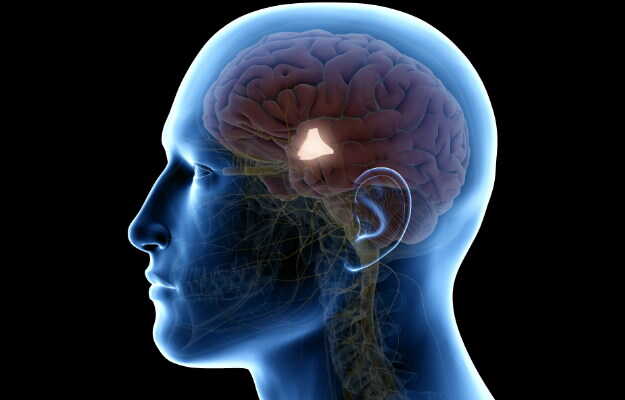What is bone cancer?
Bone cancer is a rare form of cancer that is characterised by abnormal growths in the bones of the body. Bone cancer occurs when the normal cells in a bone become cancerous or malignant or when cancer cells from other regions of the body, such as the lungs, breasts, or prostate gland spread to a bone. Bone cancer mainly affects children and adolescents and accounts for 0.2% of all cancers.
What are its main associated signs and symptoms?
Pain in the bones and joints is a common symptom of bone cancer. Symptoms experienced by an individual will vary based on the area affected and the size of the cancerous tumour. Other common symptoms seen are:
- Swelling of the bones and joints.
- Difficulty in movement.
- Proneness to fracture.
- Multiple fractures.
- Weak bones.
Other non-specific common signs and symptoms are:
- Unexplained weight loss.
- Fever.
- Sweating.
- Tiredness.
- Reduced levels of haemoglobin (anaemia).
Are you also troubled by obesity and are not able to lose weight even after a lot of efforts, then start using myUpchar Ayurveda Medarodh Weight Control Tablet today and control your weight.
What are the main causes?
The exact cause is still unknown. Certain risk factors that can increase your chance of developing bone cancer are:
- Hereditary conditions like retinoblastoma (eye cancer), chondrosarcomas (cancer of the cartilage), and chordomas (non-cancerous cartilage tumour).
- Exposure to radiation therapy.
- Chemotherapy.
- History of non-cancerous tumours like Paget’s disease.
- Injury to the bones.
- Bone marrow transplantation.
- Bone implants.
How is it diagnosed and treated?
After a physical examination and detailed family and personal history, the doctor will carry out one or more of the following diagnostic tests.
- Blood test to detect abnormal levels of enzymes produced by bones, such as alkaline phosphatase. However, this test will not confirm the presence of bone cancer.
- One or more imaging tests like X-ray, bone scan, MRI, and CT scan to find the location and size of cancer.
- Biopsy, where a sample is taken from the affected bone and examined for cancer cells.
- PET scan to look for the spread of cancer to other parts of the body
Surgery is a common treatment for bone cancer. Other available treatment options are chemotherapy and radiation therapy depending on the individual’s condition.

 Doctors for Bone Cancer
Doctors for Bone Cancer  OTC Medicines for Bone Cancer
OTC Medicines for Bone Cancer



















